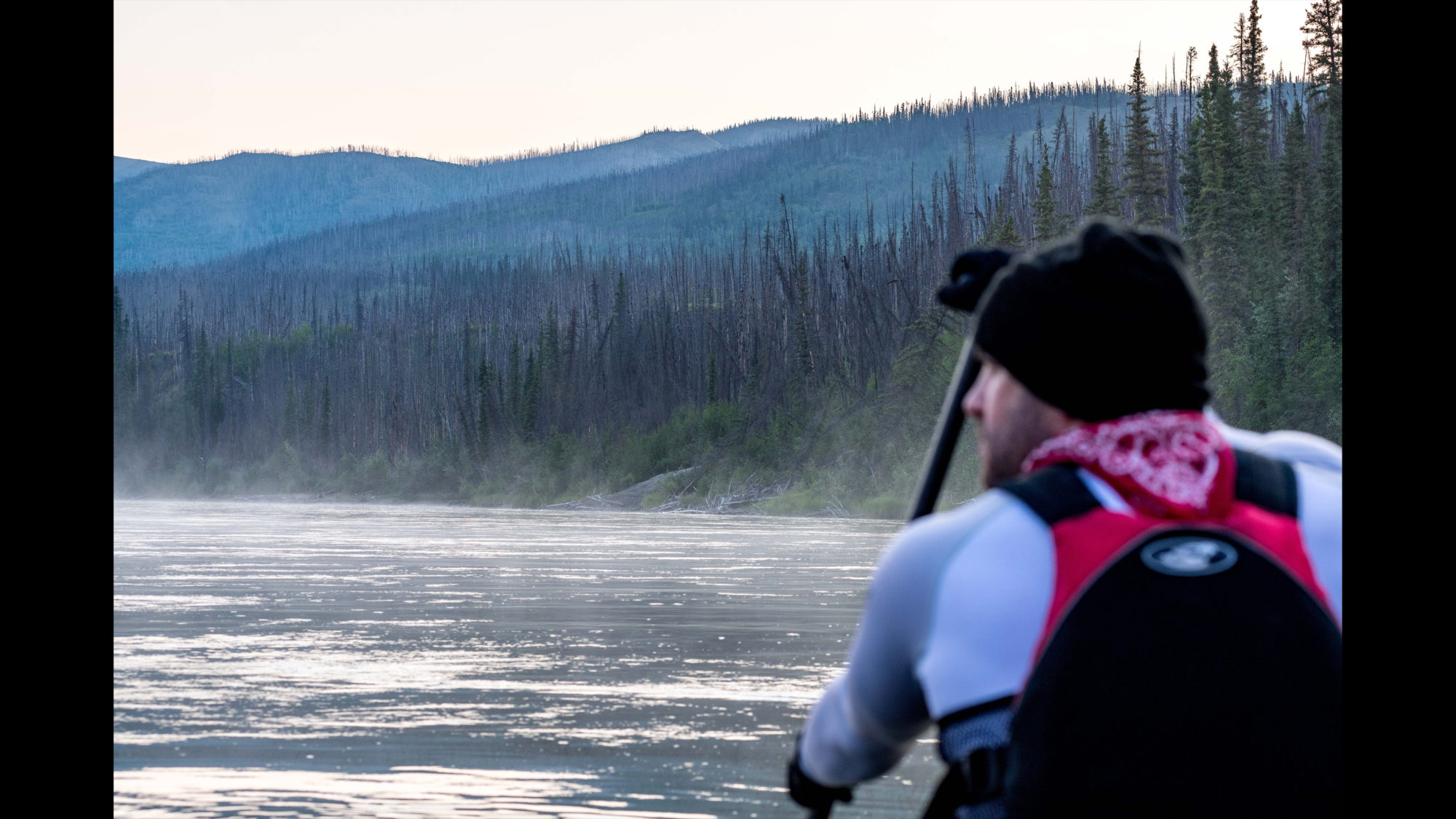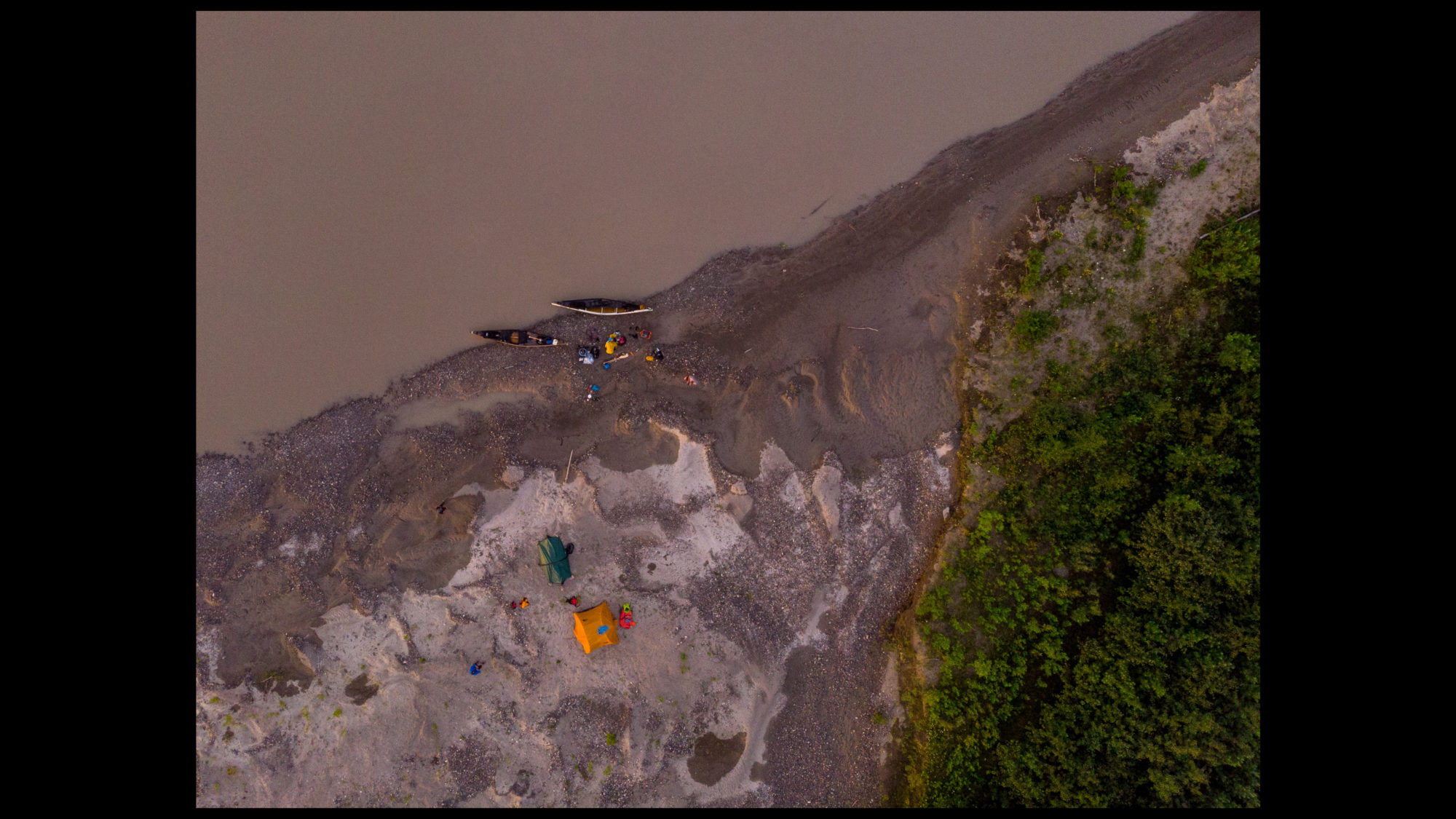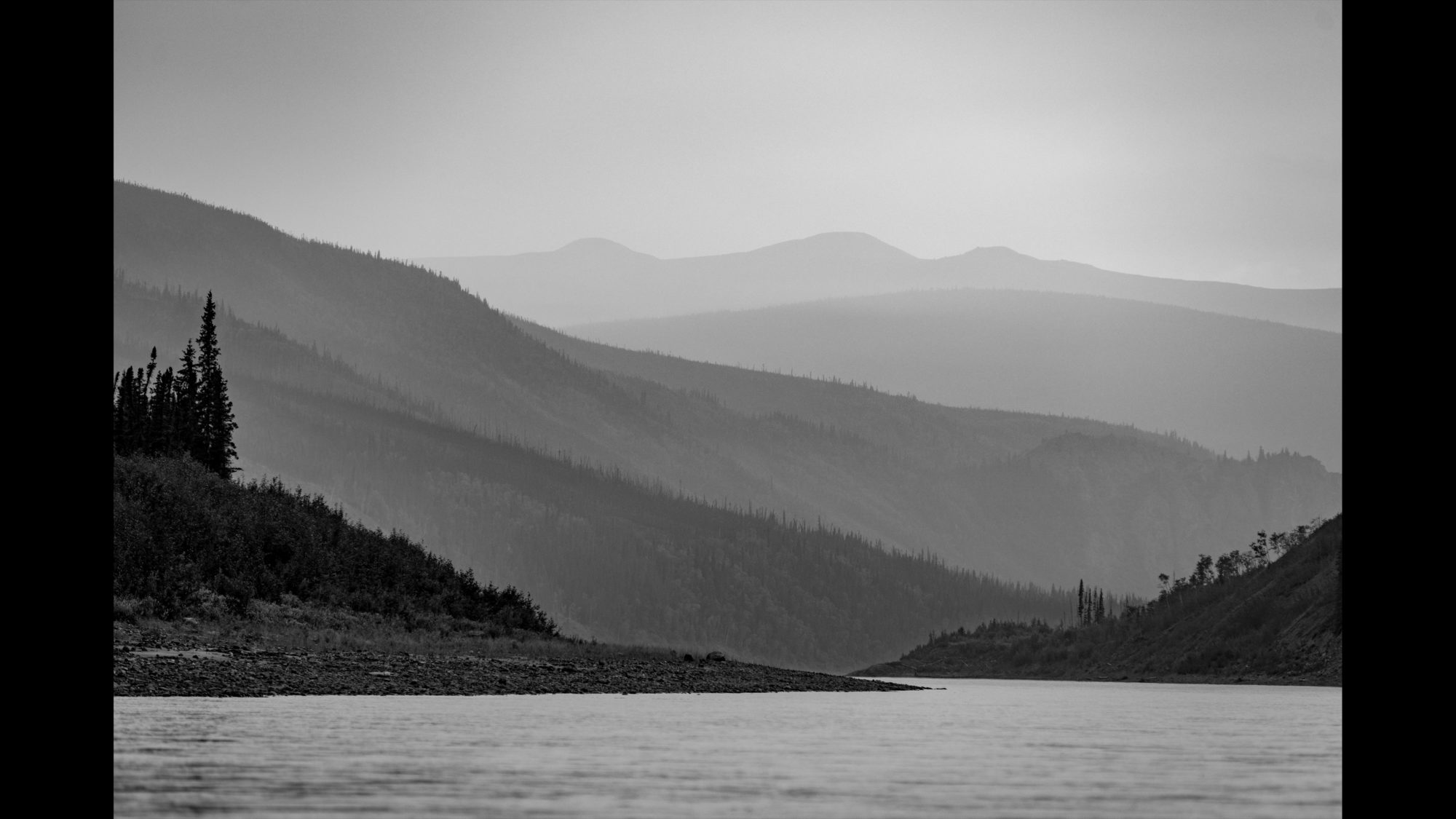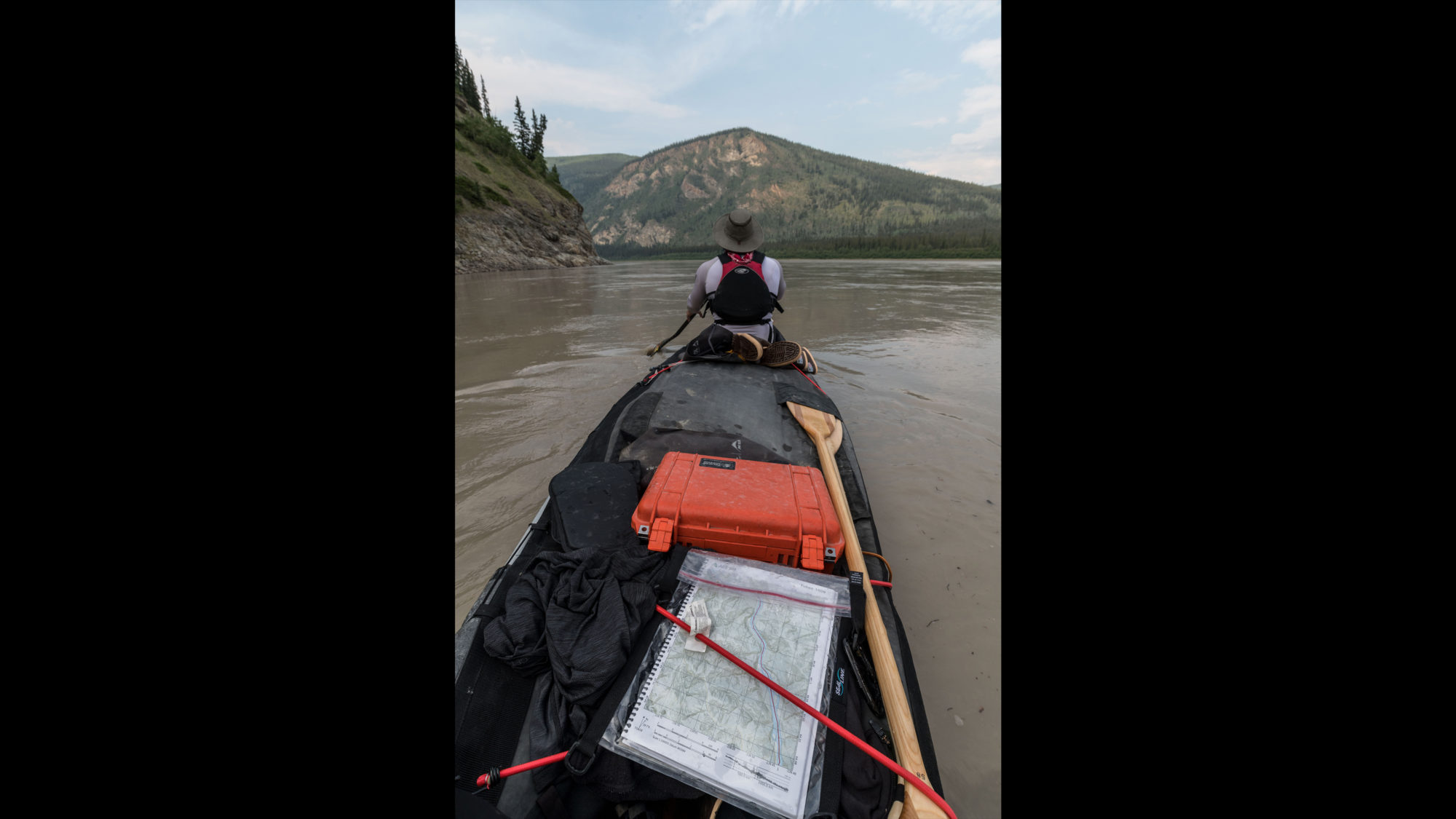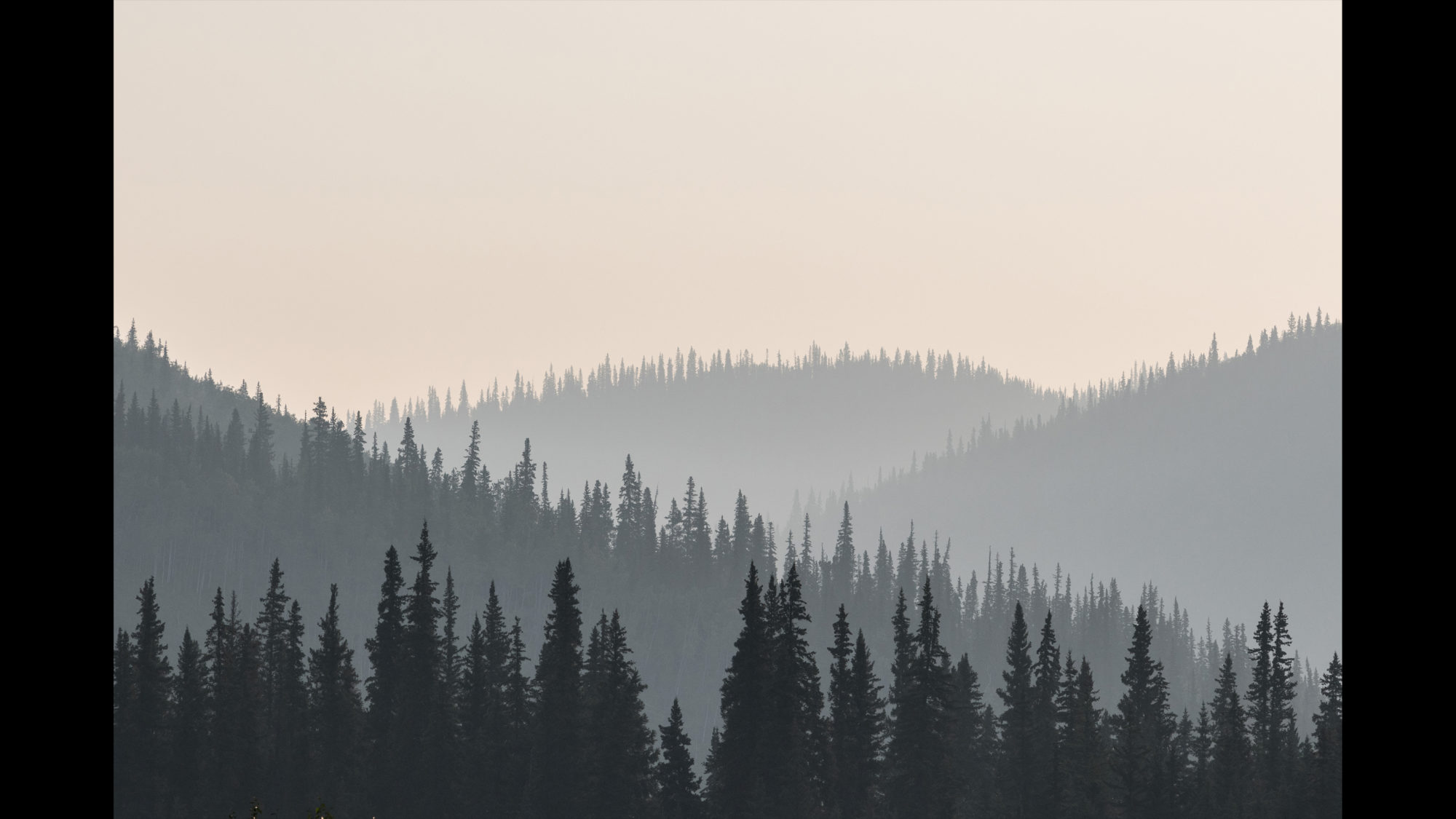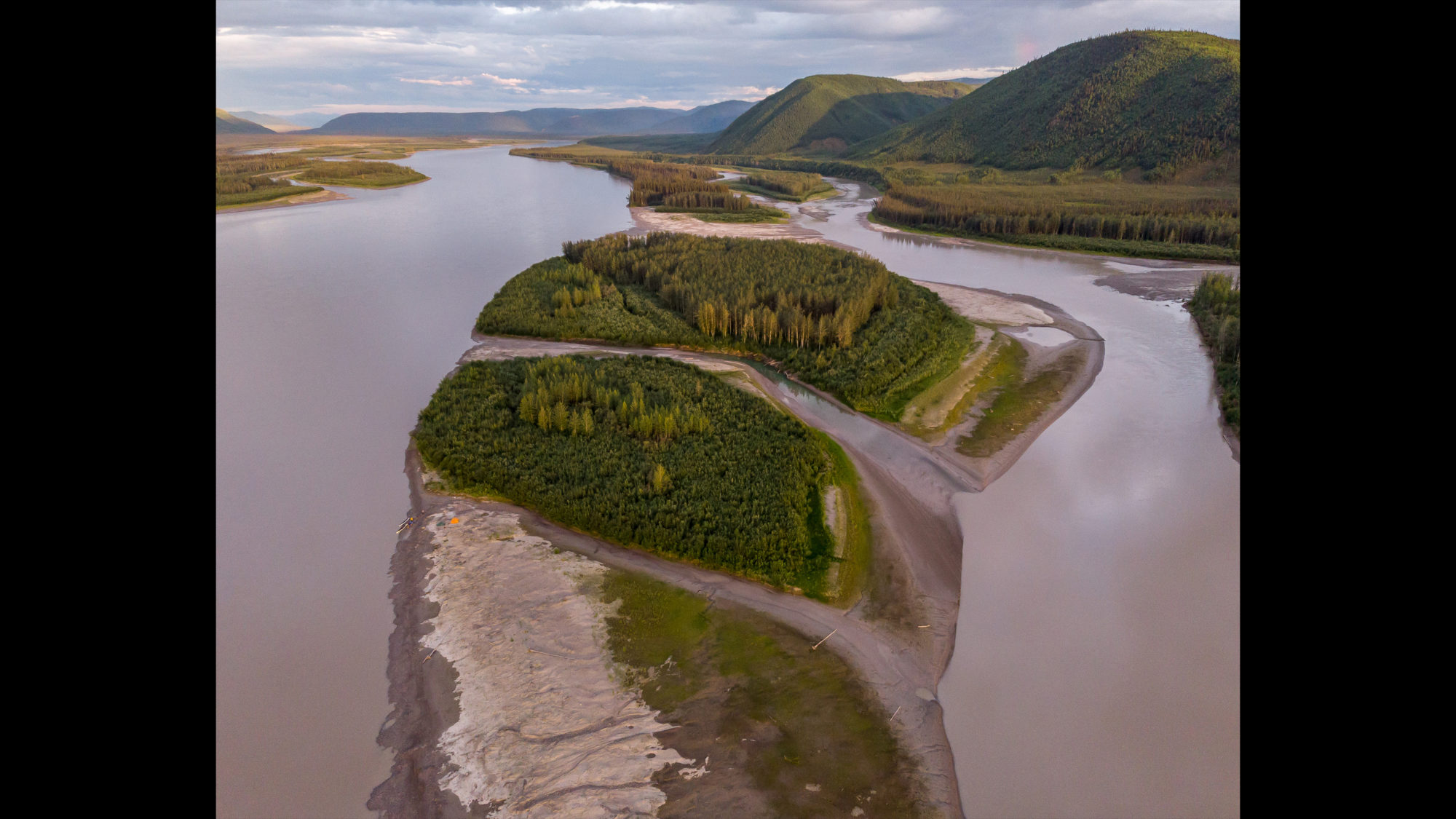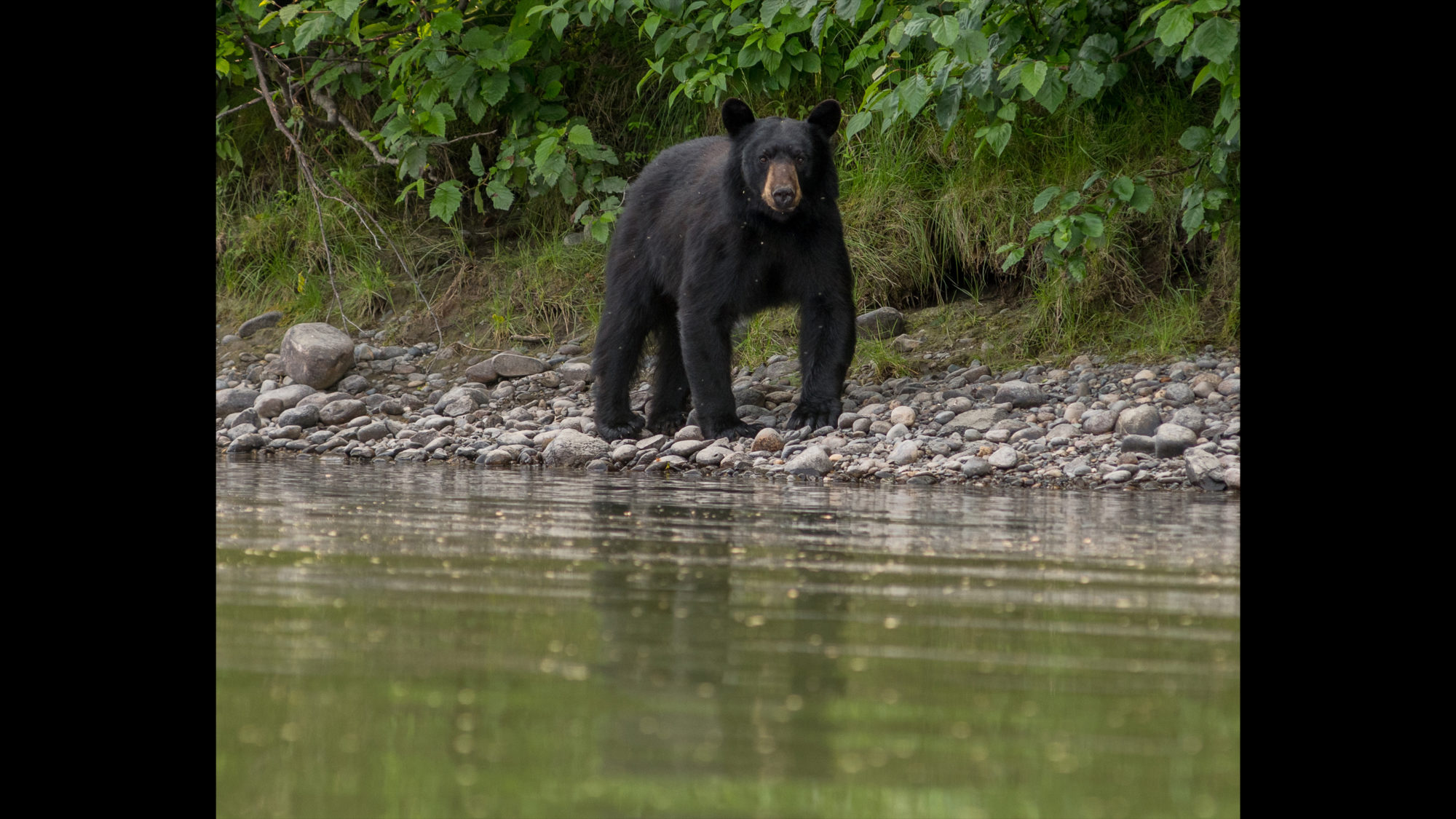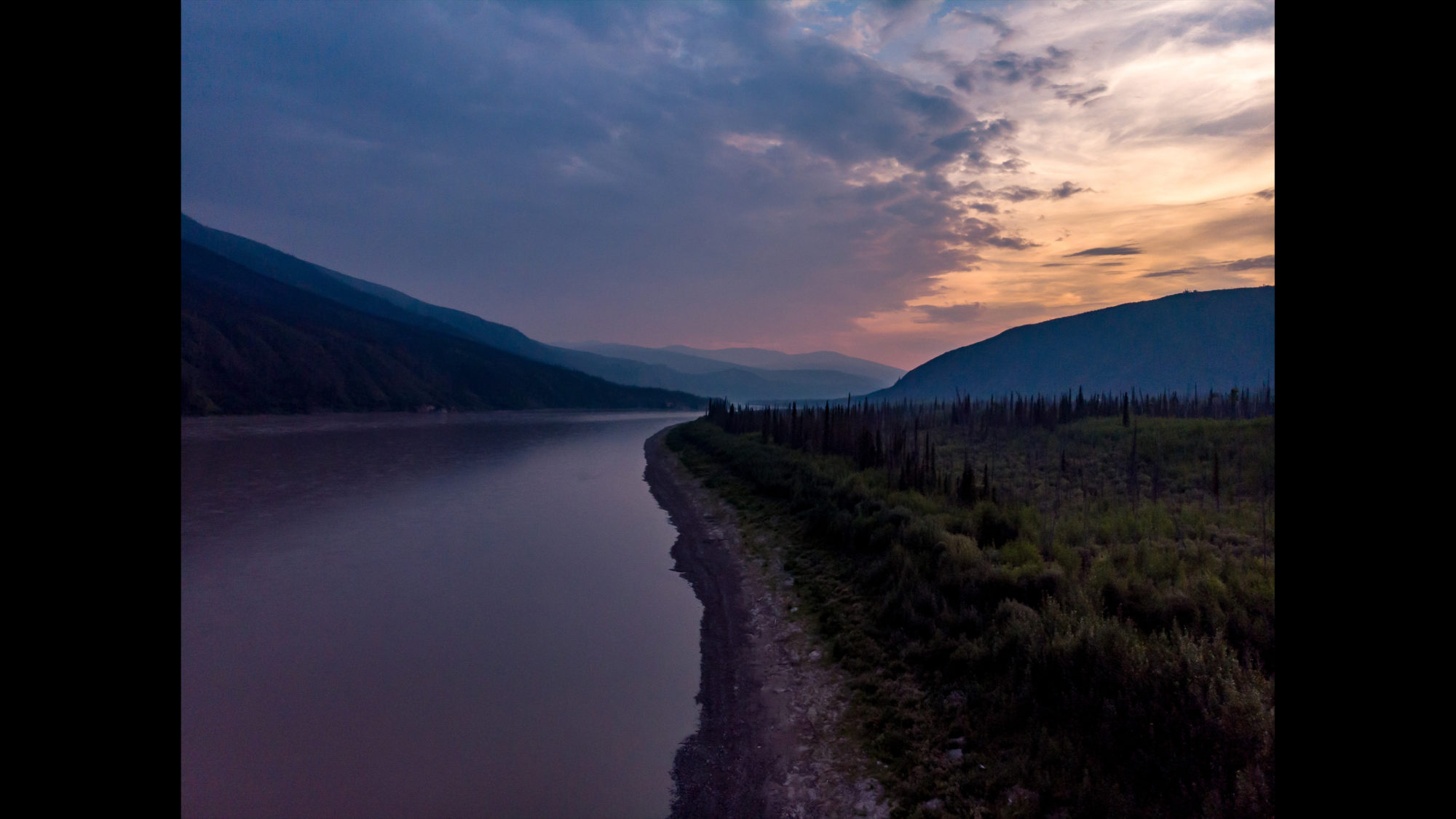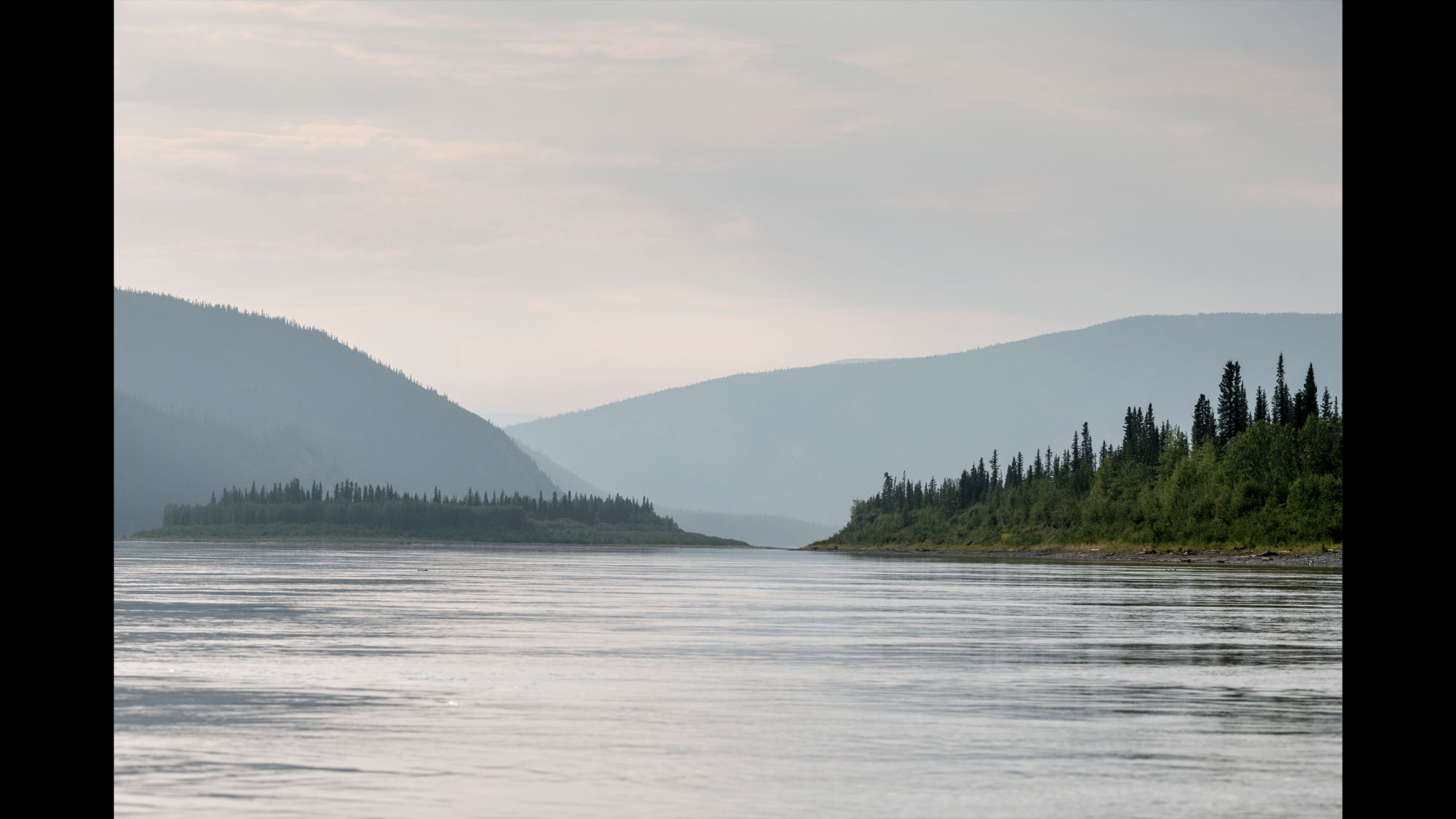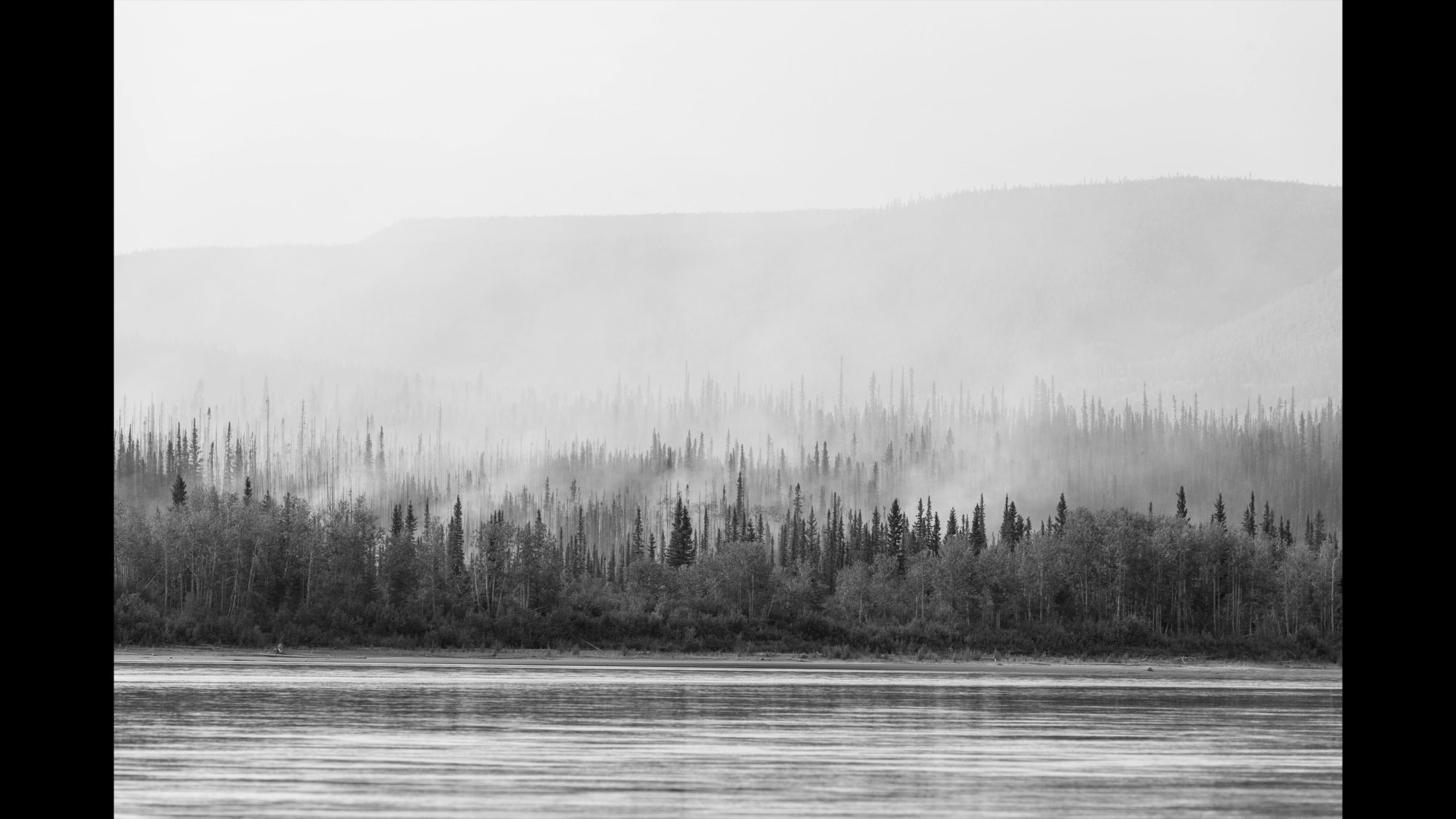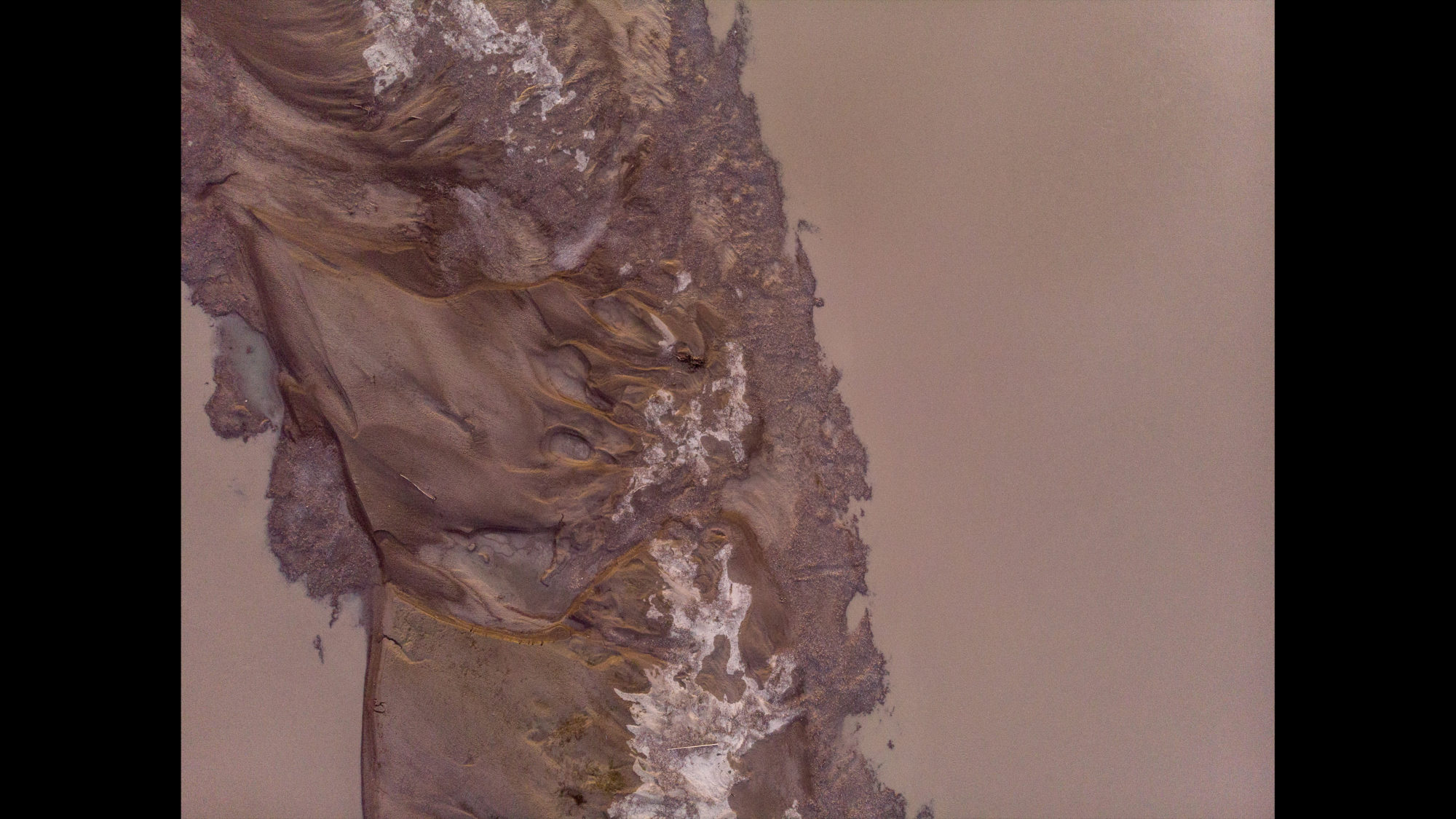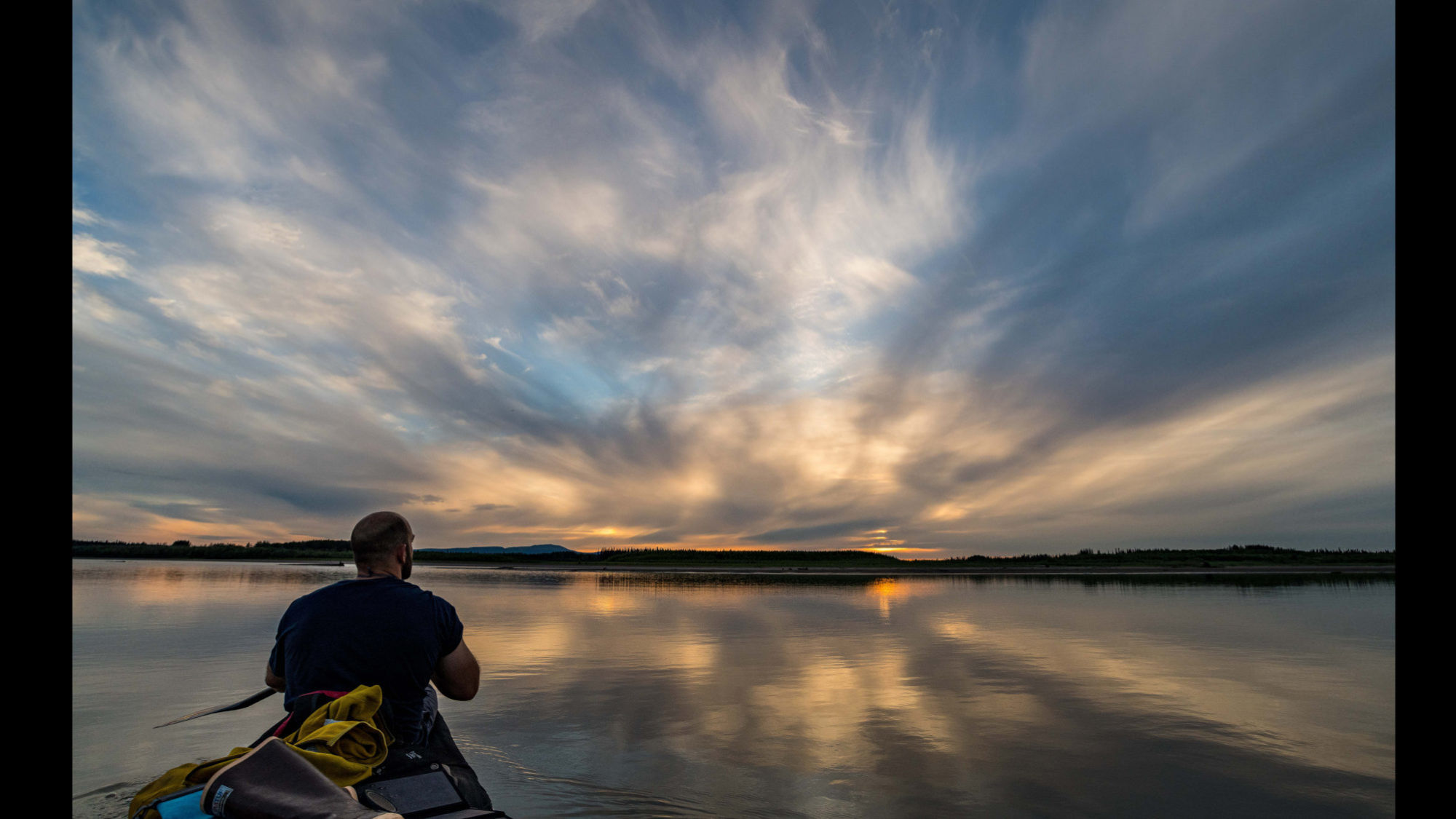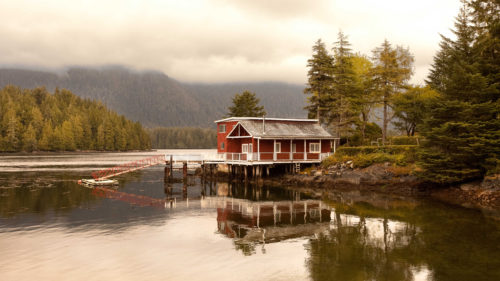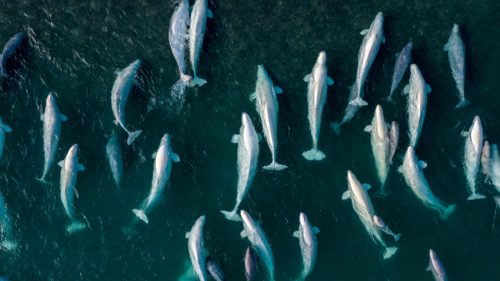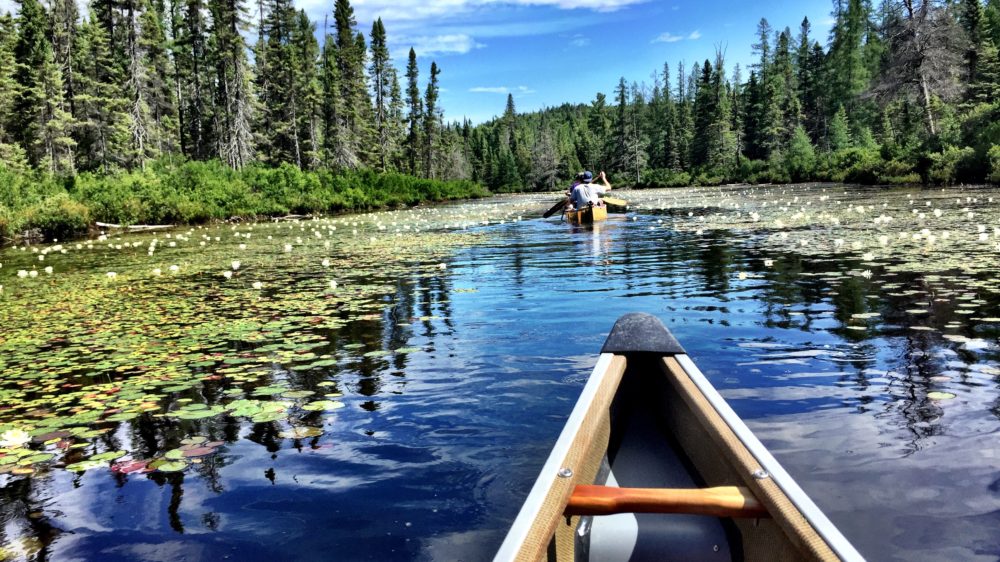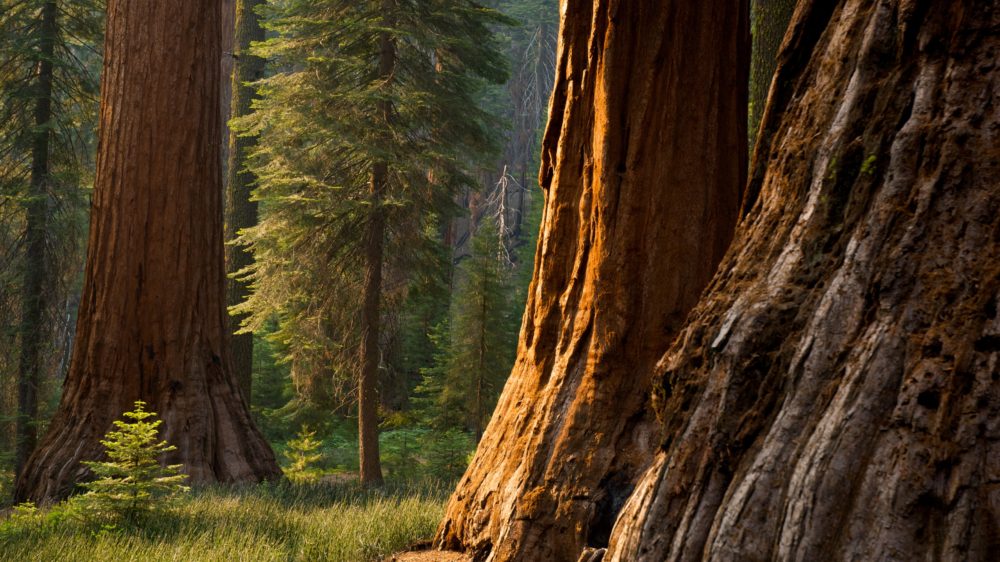The Yukon 1000
I once paddled a canoe 1000 miles in 7 days, 15 hours, and 50 minutes. Let me explain. A few years ago a good friend called me up and asked me if I would like to paddle the Yukon River with him. My friend Jon works in human rights advocacy and wanted to raise some money for some people he had worked with in Sudan (too long a story to recount here). As it’s easier to raise money when the effort is attached to challenging and borderline ill-advised feats of physical endurance, he set his sights on the Yukon 1000, and called me.
For the uninitiated, the Yukon 1000 is the world’s longest canoe race. Within the range of things I’ve experienced over the course of my life (raging bush fires, angry wild animals, remote vehicle breakdowns, arduous winter mountain crossings), it is without exaggeration one of the most challenging things I’ve ever done.
Let me be clear, unless you’re a masochist on a rapid weight loss plan, I don’t suggest you do the race (over the course of which I lost about 20lbs). I could go on for pages about the exhaustion, the heat, the moments of self doubt, the physical discomfort and the degree to which I now loathe Clif bars. But this article is not about whingeing. It’s about the magnificence of the Yukon river.
The end of weeks of prep found us in the basement of Jon’s parent’s house in Toronto a few days before we were due to fly out, surrounded by mountains of equipment, paddles and freeze dried food. We gradually pared everything down, packed everything , left Toronto and flew to Whitehorse. Two days after landing, we were on the river staring down the barrel of 1000 miles of cold fast flowing Yukon River.
The race rules stipulate that you must be off the river for a minimum of 6 hours every day, which means that for 18 hours every day, you’re paddling. Breaks have to be strategized, food carefully planned out and consumable on the go. When you do eventually stop, you need to operate as a team and be as efficient as possible getting your tent up and the evening meal done so that you can maximize the amount of sleep you get. When you’re averaging under 4 hours of sleep a night for a week straight, every minute literally counts.
To say paddling for 18 hours a day is monotonous is an understatement. But what is never monotonous is the river. The Yukon is absolutely spectacular. There is an epic grandeur to this part of the Canadian wilderness that almost defies description. We paddled through densely treed valleys, past mountain ranges, tiny settlements that seemed stuck in time, through canyons, and at one point we plunged through smoke from a massive forest fire that was so thick we had to forge ahead using just our GPS to guide us. We even briefly crossed into the Arctic Circle. We’d end each day by pulling off the river onto a notionally flat piece of ground, filthy, famished, tired and sore. We’d always take a moment though, to look around and take it all in, feeling lucky to be out here, miles away from anyone, with all the background noise removed from life and our normal existence simplified to the fundamentals of food, shelter and movement. It’s about a close as you can get these days to life without the safety net of civilization.
The downside of the race is that it’s a race: there’s no time to linger, no marvelling at the scenery, no long summer evenings on stunning campsites quietly sipping whiskey, no hikes off into the inland, no time to stop and talk with people along the way. To put things in context, we passed people on the water taking a week to paddle what we had to do in a day. But for the incredible beauty of the scenery to hold sway over the incredible discomfort of the race, and to emerge as my primary memory of that week really goes to show how mind-blowing it is. The impression the Yukon left on me is a lasting one and left me itching to get back to explore the place properly.
When Dan qualifies something as ‘tiring’, that means it’s deadly for the average human. Read his other sounder posts here, or get in touch with him directly to discuss your own trip into the Canadian wilderness.
